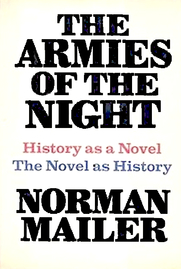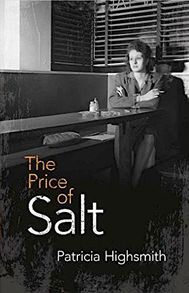A WRITER'S WIT |
New Yorker Fiction 2016
 Grant Cornett
Grant Cornett “Child-hating was not a pretense for Mother, the jokey exasperation of a sentimental woman, who spoke of her children insincerely as rug rats and burdens. She had already raised seven of them, plus the ghost of Angela—why more? Children bored her, they irritated her, they were always in the way. Worst of all, they took attention away from her” (62).
“Mother smiled at the slumping, soggy cake, topped with eight lurid pineapple slices, most of them with a cherry in the middle, two with candles, and, on the sloping side, “MOTHER” spelled out in shaky worm-cast piping, with scrolls and roses around it.
‘Make a wish, Ma,’ Franny said. ‘Pineapple upside-down cake. Your favorite’” (61).
Photograph by Grant Cornett.
NEXT TIME: My Book World

Introduction to My Long-Playing Records
"My Long-Playing Records" — The Story
"A Certain Kind of Mischief"
"Ghost Riders"
"The Best Mud"
"Handy to Some"
"Blight"
"A Gambler's Debt"
"Tales of the Millerettes"
"Men at Sea"
"Basketball Is Not a Drug"
"Engineer"
"Snarked"
"Killing Lorenzo"
"The Age I Am Now"
"Bathed in Pink"
Listen to My Long-Playing Records Podcasts:
"A Certain Kind of Mischief"
"The Best Mud"
"Handy to Some"
"Tales of the Millerettes"
"Men at Sea"
"My Long-Playing Records"
"Basketball Is Not a Drug"
"Snarked"
"Killing Lorenzo"
"Bathed in Pink"
Also available on iTunes.






















 RSS Feed
RSS Feed